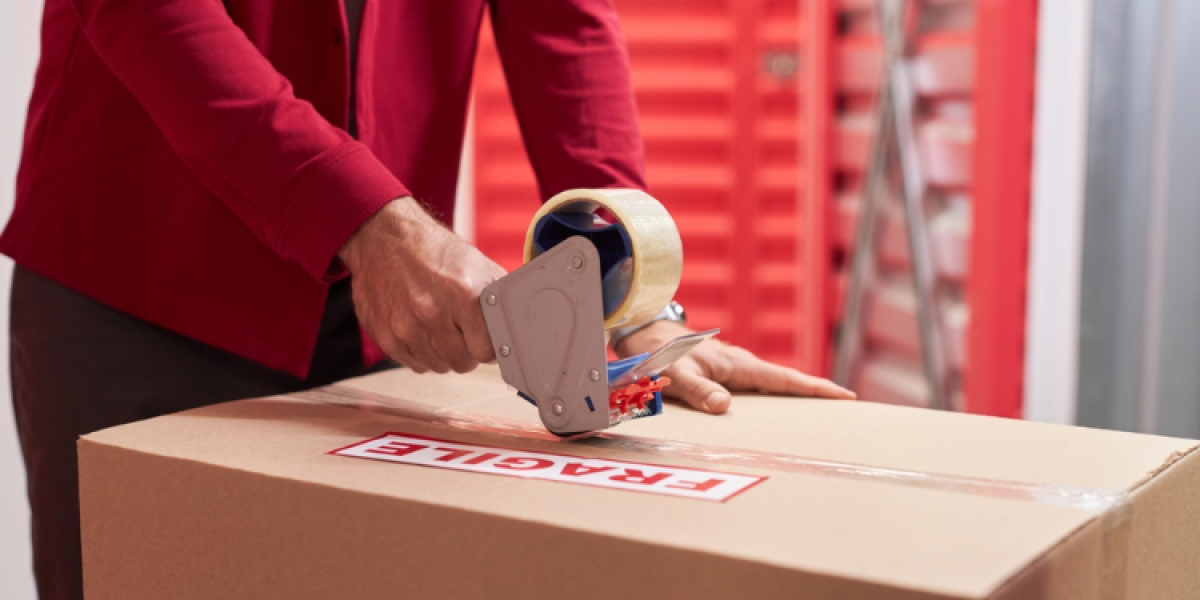
Moving abroad is an exciting adventure, but it can also be stressful, especially considering the long list of things to do before the big move. If you have valuables, you've likely wondered whether to take them with you. There's no one-size-fits-all answer; it depends on the type of items, their size, value, and the country you're moving to. Let's explore the options to ensure the security of your belongings as you embark on a journey overseas.
What are valuables?
Valuables can take many forms, such as acquisitions, gifts, or inheritances. Common examples include jewelry, antique furniture, artworks, various collectibles, and tapestries. The question of whether to bring valuables is legitimate. Why the hesitation? In your home country, these items are precious and often well-secured at home or in a bank vault. They may also be covered by specific insurance policies. Moving them can create stress and uncertainty about their safety in your new country, influenced by several factors.
The role of the host country
The destination country plays a crucial role in your decision. For example, if you are moving outside Europe to parts of Central or South America or Africa, leaving valuables in your home country, with relatives, or in a bank vault might be wise. Besides security issues, consider the potential damage during transport, even with a trusted mover, and the host country's climate, which could harm items like carpets, paintings, or wooden furniture in excessively hot or humid environments. Moreover, ensure your new home has enough space to store your valuables discreetly and a security system to prevent theft. Moving to a foreign country can be stressful and unsettling, so it might be better not to bring all valuables immediately, giving yourself time to settle and evaluate the new environment's suitability.
Which valuables should you take with you?
Some items are part of our daily lives, either due to their value or sentimental significance, making it hard or impossible to leave them behind. Some items, like electronics, are essential for professional life and cannot be left behind. Small items like jewelry (a ring, necklace, or watch) should be carried or placed carefully in your cabin luggage. The same goes for a laptop, tablet, or camera. Avoid putting valuables in checked luggage for obvious reasons. In such cases, it's advisable to only take items of sentimental value and/or those you cannot do without.
Ensuring the security of your valuables
If you have valuables, it's important to ensure their security even before considering a move. Consult an expert at your insurance company or an auctioneer to appraise your items and create an inventory. In case of loss, the agreed value set by the insurance company will be the basis for compensation. Alternatively, you could opt for declared value, where you inventory your items yourself. However, incorrect valuation could lead to conflicts with your insurer in case of loss.
If you already have home insurance, consider enhancing it with multi-risk coverage for your valuables. If the items are precious, consider specific insurance. Consult your broker to customize your policy based on your assets and new destination.
Regarding storage, most insurers advise against keeping valuables at home, suggesting renting a bank vault instead. However, some prefer having their valuables within reach. In that case, ensure you have a secure space to protect them, even if you have insurance.
Storage options for valuables before departure
If you cannot or do not want to take your valuables with you abroad, several solutions are available, depending on the value, size of the items, and duration of your absence.
Consider installing a safe at home if you keep your house for jewelry or other small to medium-sized items. Ensure it's covered by insurance and can resist tools for at least 30 minutes (codes TL-30 and TR-30). For precious items used infrequently, renting a bank vault is recommended, offering the highest security, especially for long absences.
Renting a specific storage unit or a tailored storage service is ideal for large, valuable items like furniture, objects, or artwork. Some companies offer secure storage with 24/7 alarm systems, security guards, access codes, and anti-fire and anti-humidity systems. Browse the Internet to find such companies and do not hesitate to ask them for quotes.
Taking your valuables with you
An international move is usually complex, and transporting valuables involves additional requirements. First, list your assets (which you might have already done for insurance), which is helpful for the value declaration with the mover. Ensure your insurance covers international moves (within Europe and/or third countries), and consider moving insurance.
Your move destination will determine the required steps for transporting valuables. Within Europe, you might need an export license/certificate. In France, for instance, a certificate is required for transporting artworks over 50 years old valued above €150,000. When moving to non-EU countries, in addition to the export certificate, declare valuables over €5,000 at customs and pay a capital gains tax, which is 11% for precious metals and 6% for artworks and jewelry. Remember to contact administrative and customs services and your host country's embassy to learn the applicable regulations.



















